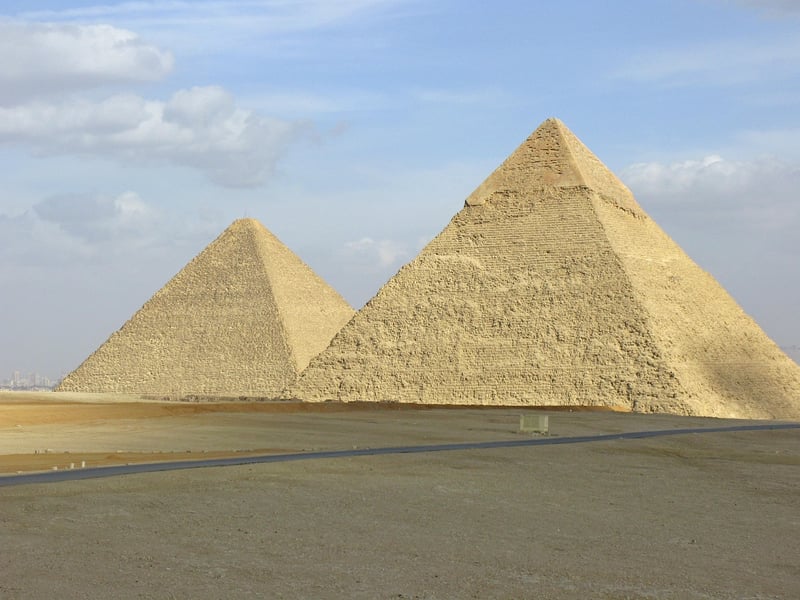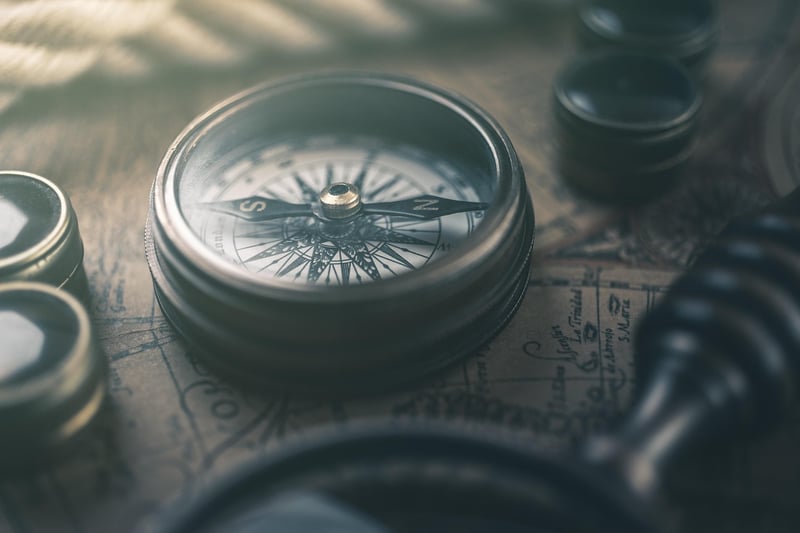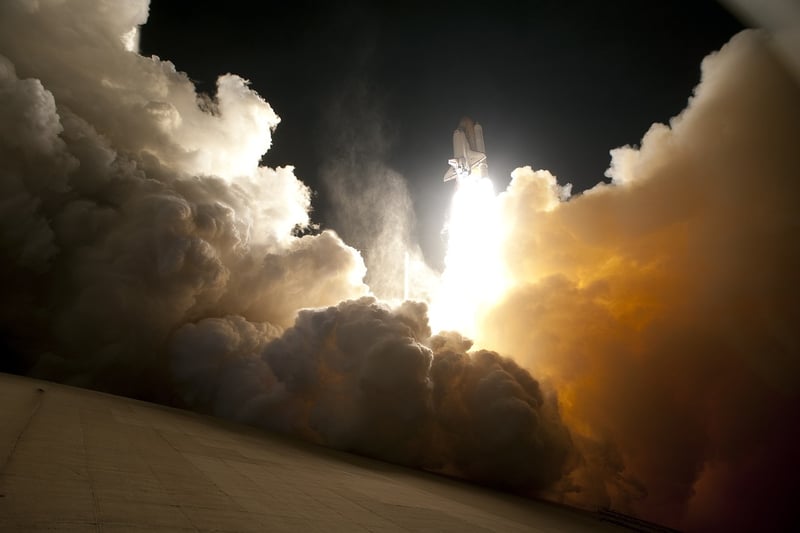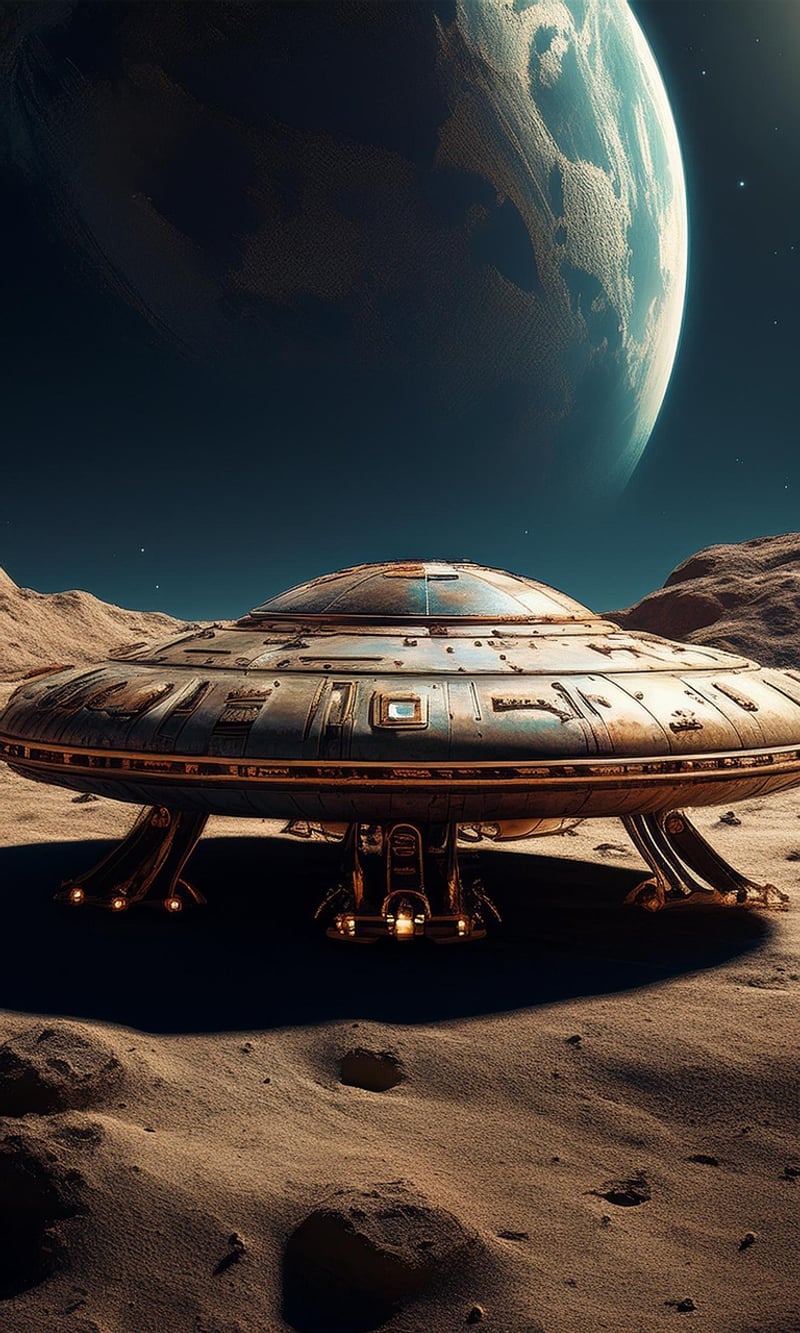Future Exploration
Exploring Different Eras and Future Exploration
Introduction
Throughout history, humanity has always been driven by a desire to explore the unknown. From ancient civilizations to modern-day advancements, the spirit of exploration has shaped our world. Let's delve into the different eras of exploration and what the future holds for our quest to discover.
Ancient Exploration
Ancient civilizations like the Egyptians, Phoenicians, and Greeks were early pioneers of exploration. They sailed across seas, traversed deserts, and charted new territories, expanding their knowledge of the world.

Age of Discovery
The Age of Discovery in the 15th to 17th centuries saw European explorers like Christopher Columbus, Vasco da Gama, and Ferdinand Magellan embark on ambitious voyages to find new trade routes and lands. This era led to the globalization of trade and the exchange of cultures.

Space Exploration
With the dawn of the space age in the mid-20th century, humanity turned its gaze beyond Earth. Milestones like the Moon landing in 1969 and the ongoing exploration of Mars and beyond showcase our capacity for scientific discovery and technological advancement.

Future Exploration
The future of exploration holds exciting possibilities. With plans for missions to Mars, the development of space tourism, and the potential for interstellar travel, humanity is on the cusp of a new era of discovery.

Conclusion
Exploration is ingrained in our DNA, driving us to push boundaries and seek answers to the unknown. As we reflect on the past eras of exploration and look to the future, one thing remains clear – the human spirit of curiosity and discovery will continue to propel us forward into uncharted territories.
Let's embrace the journey ahead as we explore the wonders of our world and the vast expanse of the universe.
